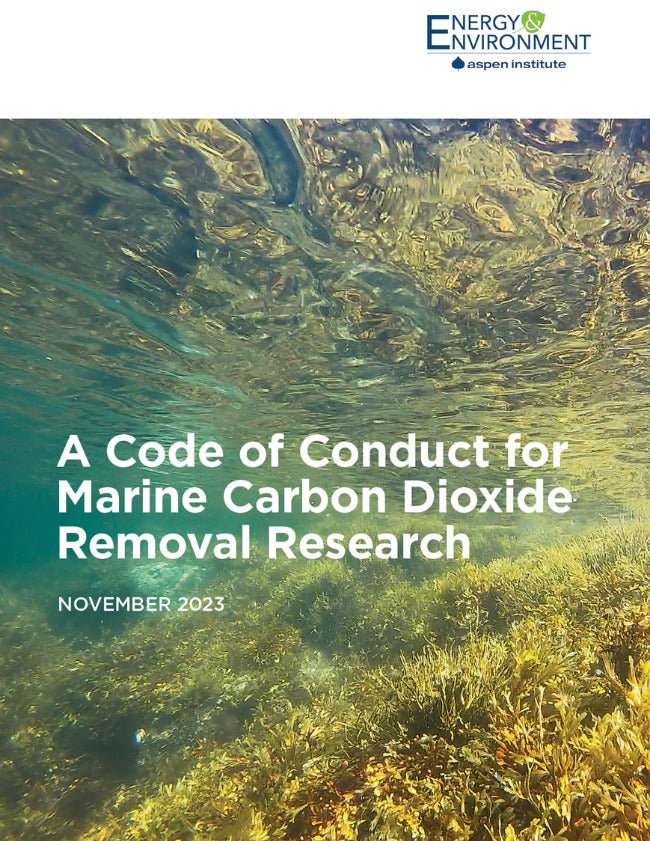Given the clear need to inform societal decision-making on the role marine Carbon Dioxide Removal (mCDR) can play in solving the climate crisis, it is imperative that researchers begin to answer questions about its effectiveness and impacts. Yet overly hasty deployment of new ocean-based climate interventions risks harm to communities and ecosystems and could jeopardize public perception of the field as a whole. In addition, the harms, risks and benefits of mCDR efforts are unlikely to be evenly distributed. Unabated, climate change could have a devastating impact on global ecosystems and human populations, and the impacts of mCDR should be contemplated in this context.
This Code of Conduct exclusively applies to mCDR research and does not attempt to put any affiliated risk in the context of the risk of delaying climate action. Its purpose is to ensure that the impacts of mCDR research activities themselves are adequately understood and accounted for as they progress. It provides a roadmap of processes, procedures, and activities that project leads should follow to ensure that decisions regarding whether, when, where, and how to conduct mCDR research are
informed by relevant ethical, scientific, economic, environmental, and regulatory considerations.
Download the Executive Summary here.


